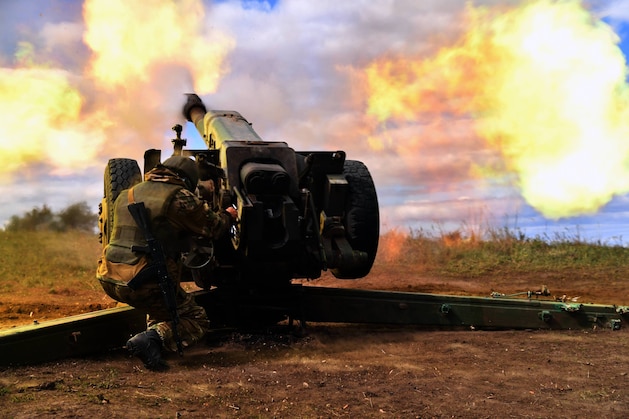Russia is likely preparing for a new major offensive in Luhansk, experts from the US Institute for War Studies estimate. The military leadership wants to break away from Wagner’s private army. Because Yevgeny Prigozhin’s mercenaries did not keep their promise to conquer Bakhmut.
According to estimates, Russia’s strategic deployment of various armed forces points to a major offensive in the Luhansk region in the near future. The isolated attacks elsewhere served to distract and disperse the Ukrainian forces. The deployment of conventional forces along the Luhansk frontline would suggest that Russian forces are preparing for a “decisive effort” there, the Washington-based think tank said.
In preparation for the offensive in Luhansk, the Russian military would also want to break away from the deployment and tactics of Wagner’s private army, according to the expert analysis. One reason for the new strategy is that Russian attacks in Bakhmut, which has been contested for months and where mainly Wagner mercenaries are deployed, would only take place to a limited extent. According to the ISW, Wagner would not have kept his promise to take Bachmut.
Although the mercenaries were able to take control of the small town of Soledar, they suffered heavy losses in the process. It seems unlikely that Bakhmut will be conquered – which is why the Russian military leadership now seems to be concentrating on other areas and breaking away from the Wagner group in the process. Because the conventional forces would now be deployed elsewhere – not there to support Wagner.
The US institute described an attack along the axis between the towns of Swatowe and Kreminna as the most likely course of the Russian offensive. This attack was supposed to advance through the major logistics centers of the cities of Luhansk and Starobilsk to the border of the administrative region, where it would eventually conquer the parts of the oblast that are still under Ukrainian control.
Russia may be hoping to launch further attacks into the Kharkiv region from the Swatove-Kreminna line and recapture critical terrain north of Donetsk. “However, it is extremely unlikely that Russian forces will be able to gain significant ground on this axis even if they launch a successful attack in this sector,” the report said.
With the new offensive, the Russian military leadership also seems to want to distance itself from Wagner’s private army on a strategic level. For example, the recent appointment of Chief of Staff Army General Valery Gerasimov as Commander-in-Chief of the Russian Armed Forces in Ukraine indicates that the military leadership is relying on the conventional forces that Gerasimov represents and directs. The Russian Ministry of Defense would also do so. The Wagner group had preferred Gerasimov’s predecessor, Sergei Surovikin. Putin appears to be authorizing Gerasimov to take steps to undermine Wagner boss Yevgeny Prigozhin and his mercenaries, the ISW concludes.















